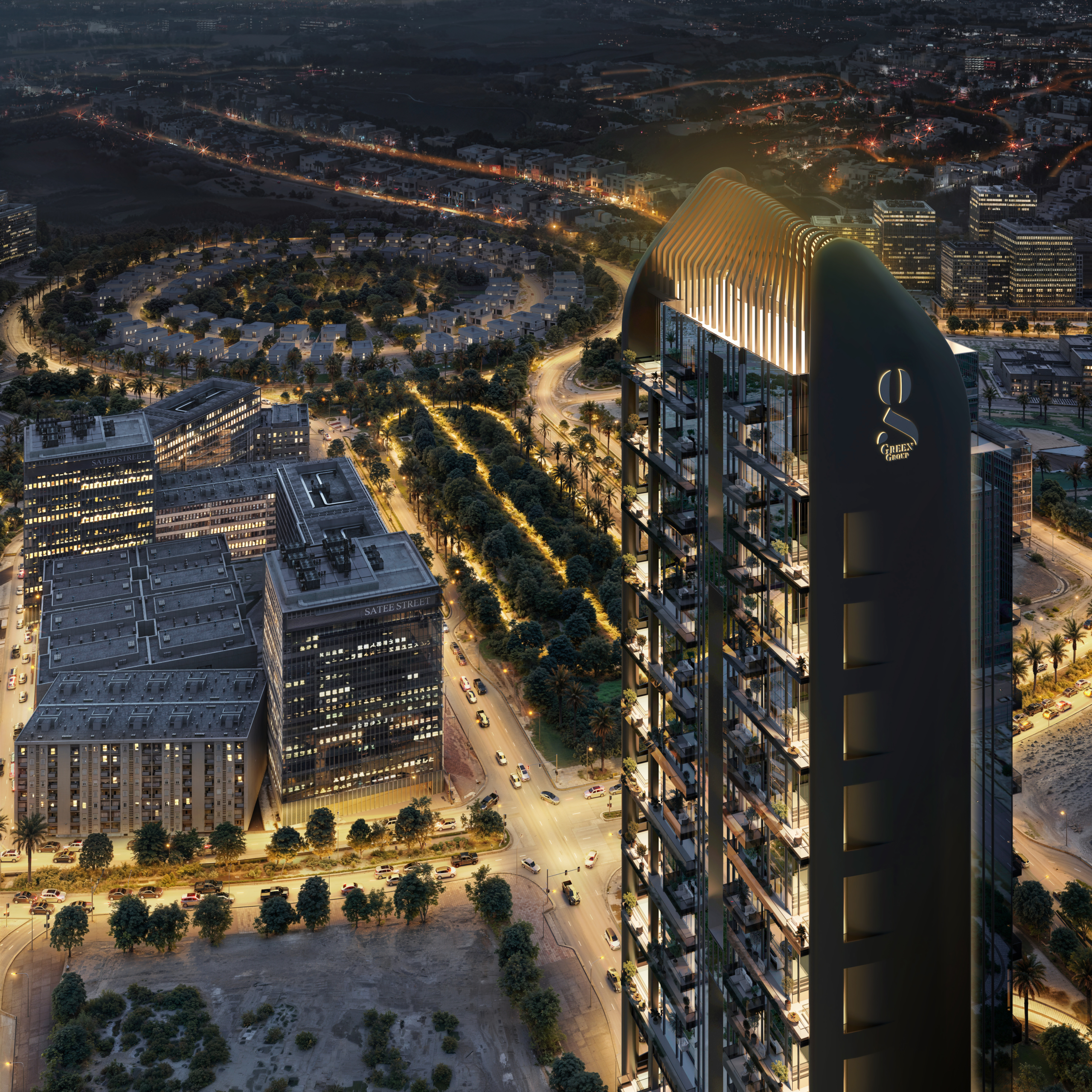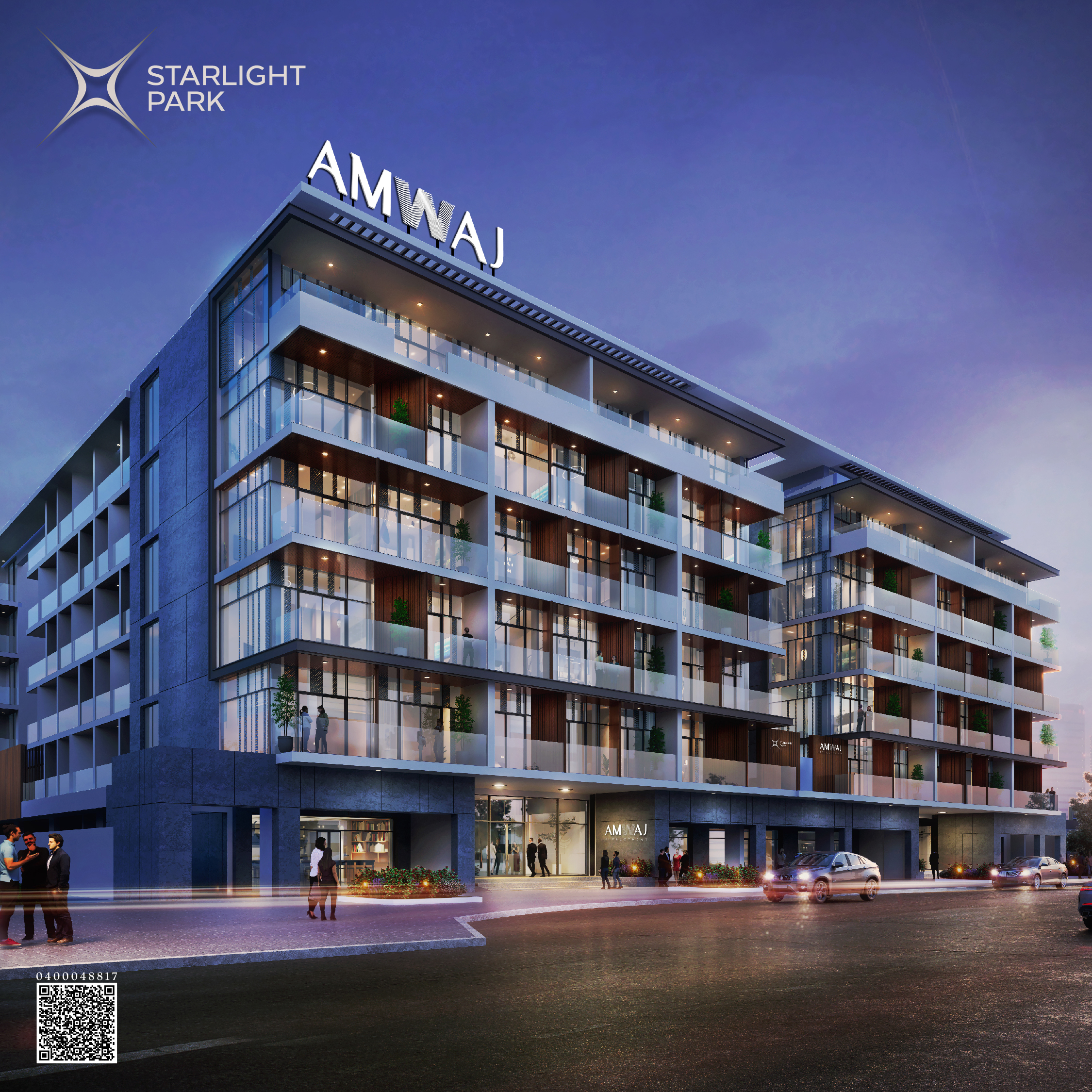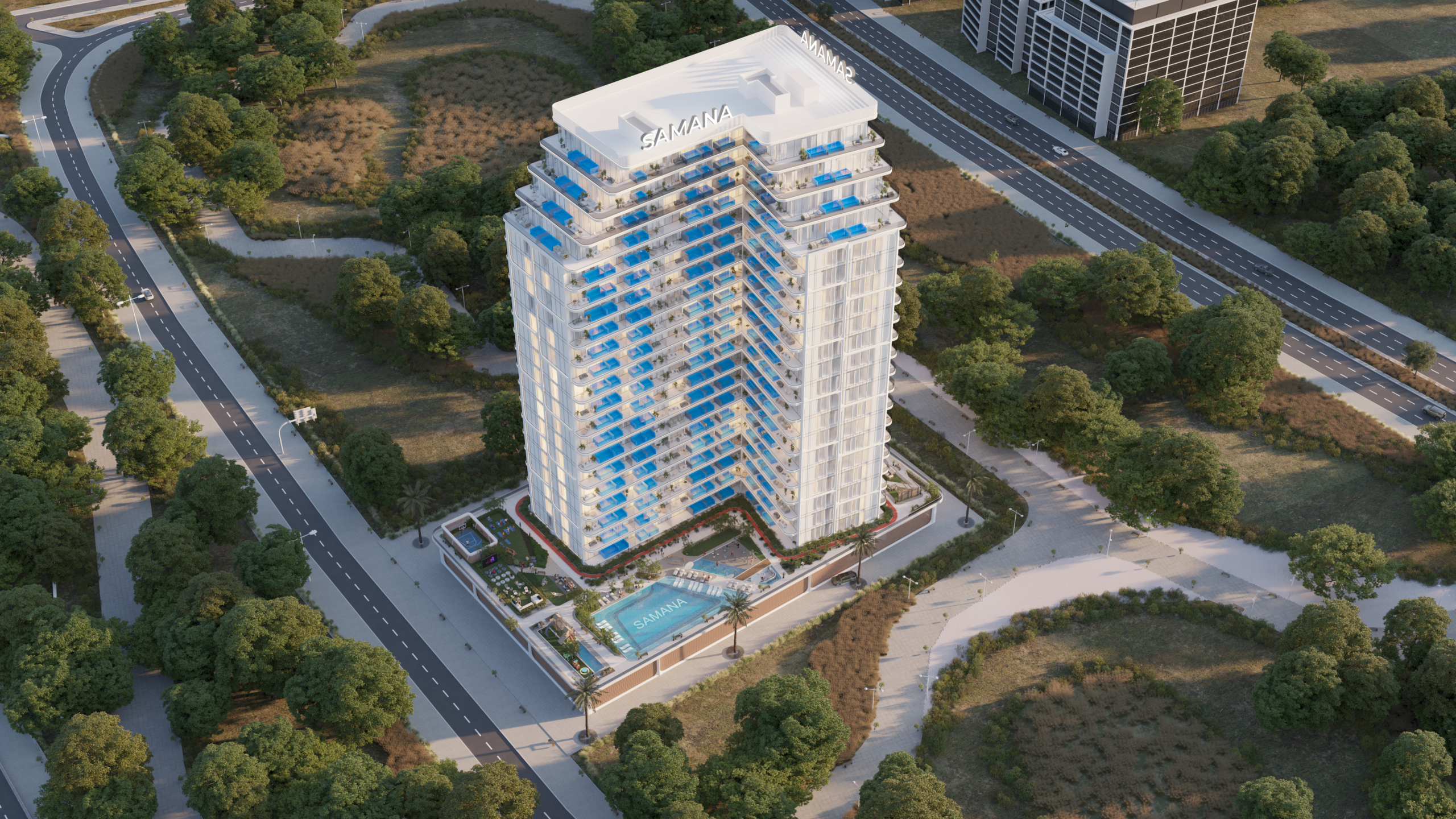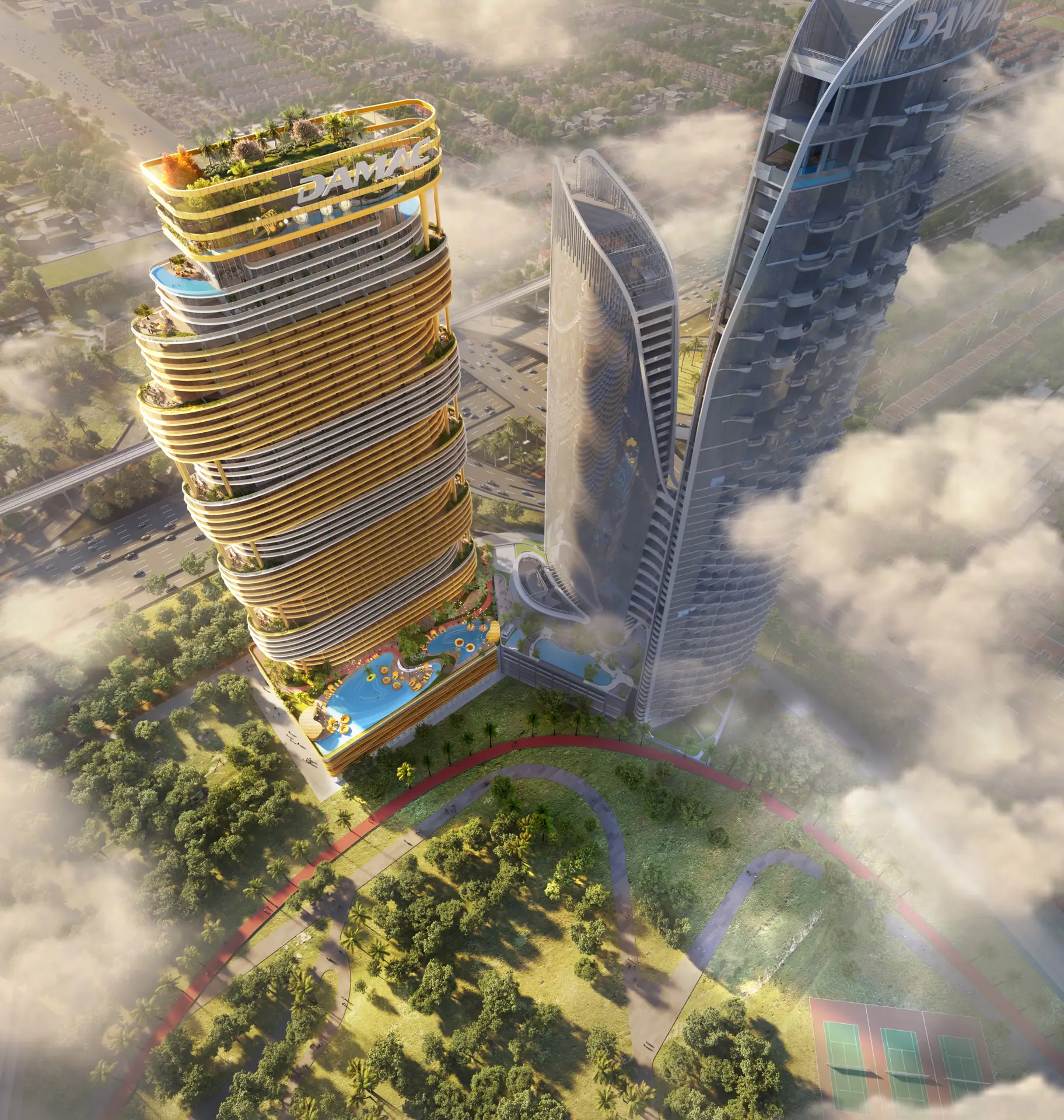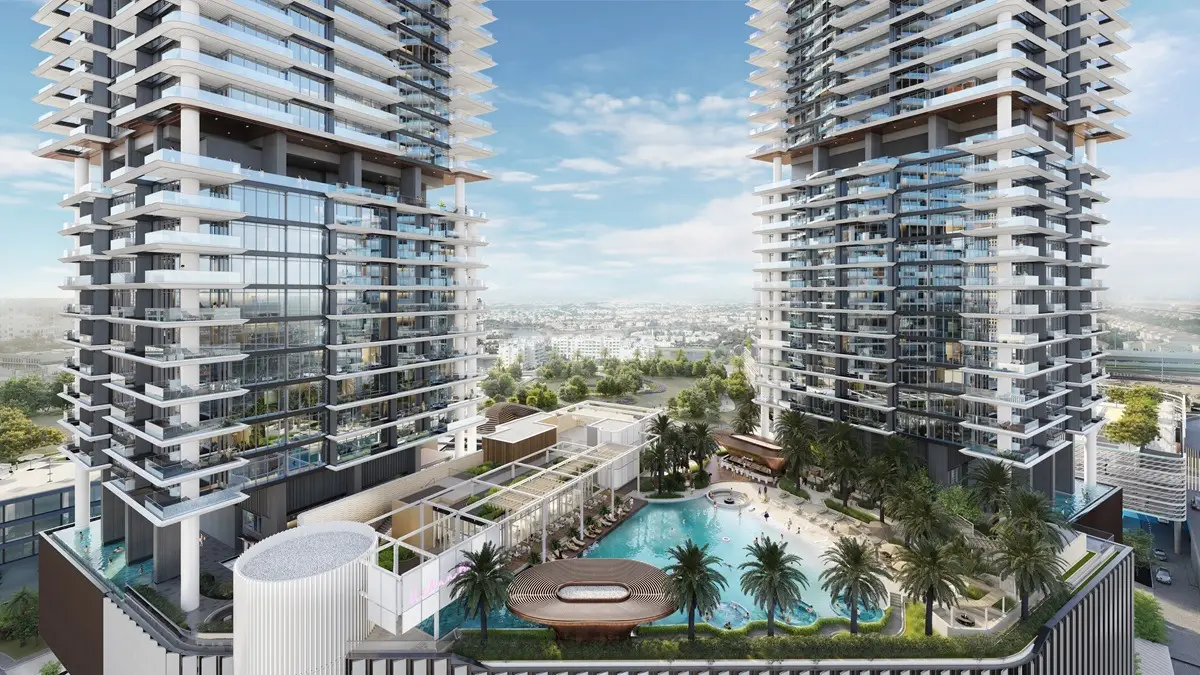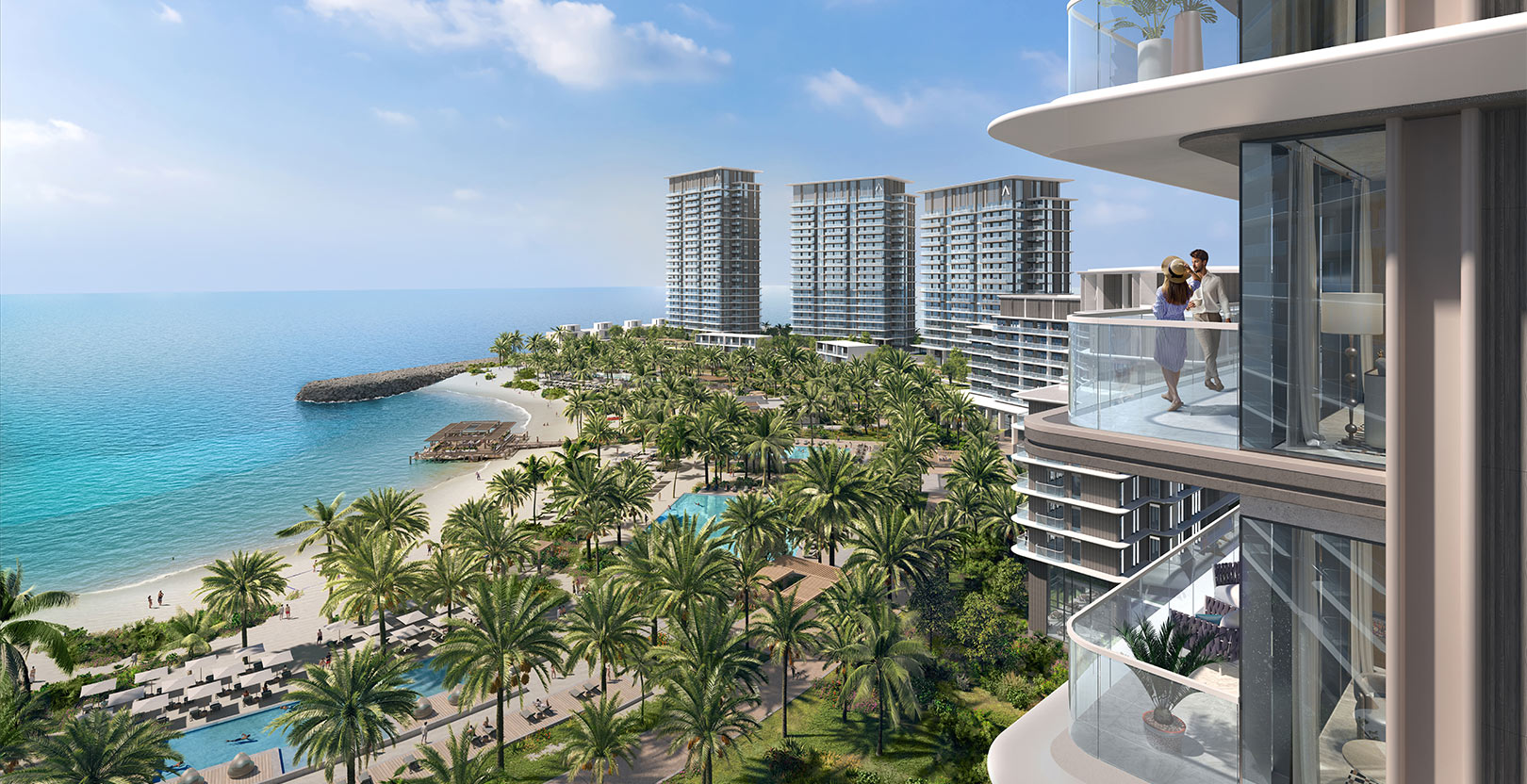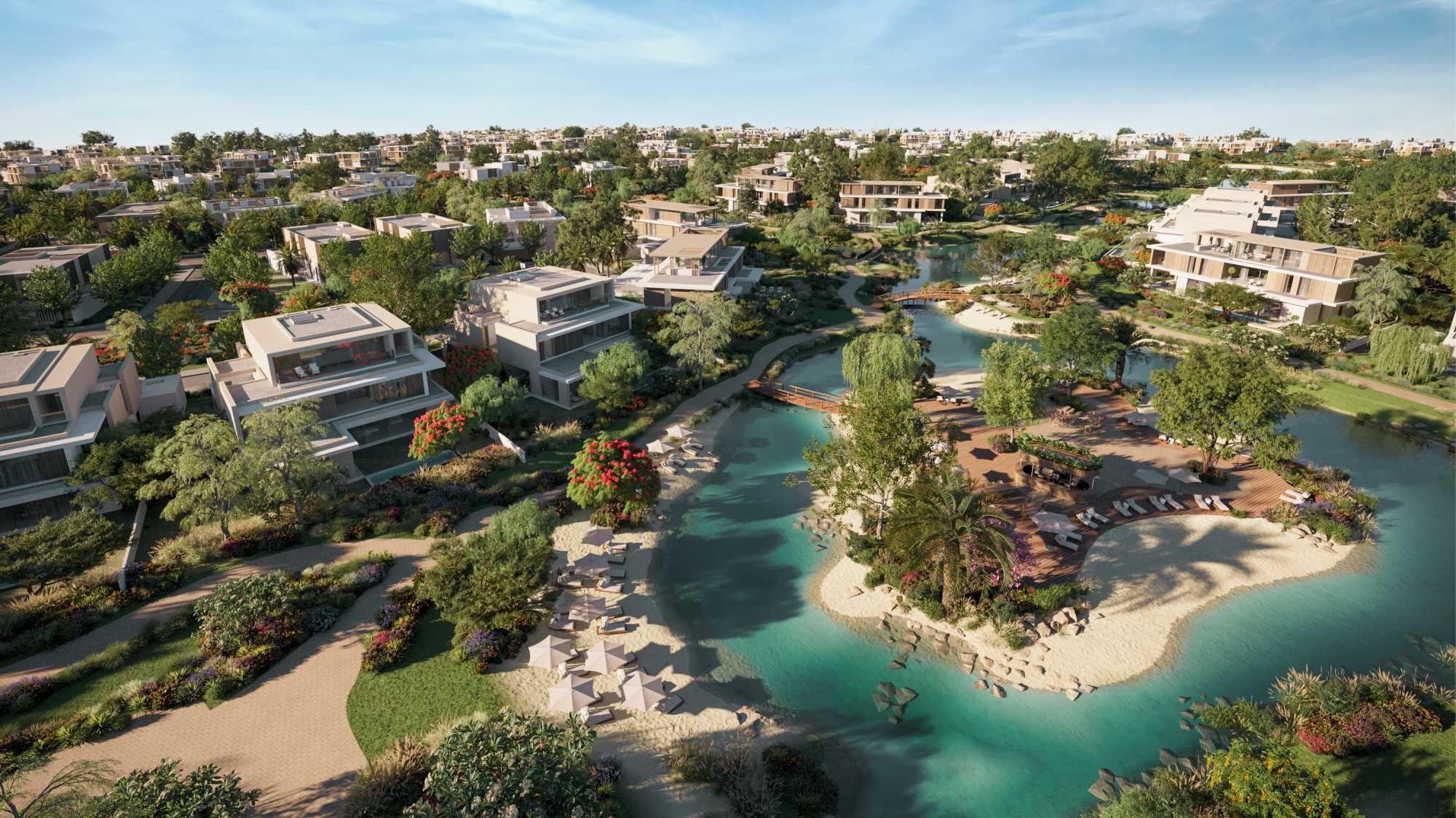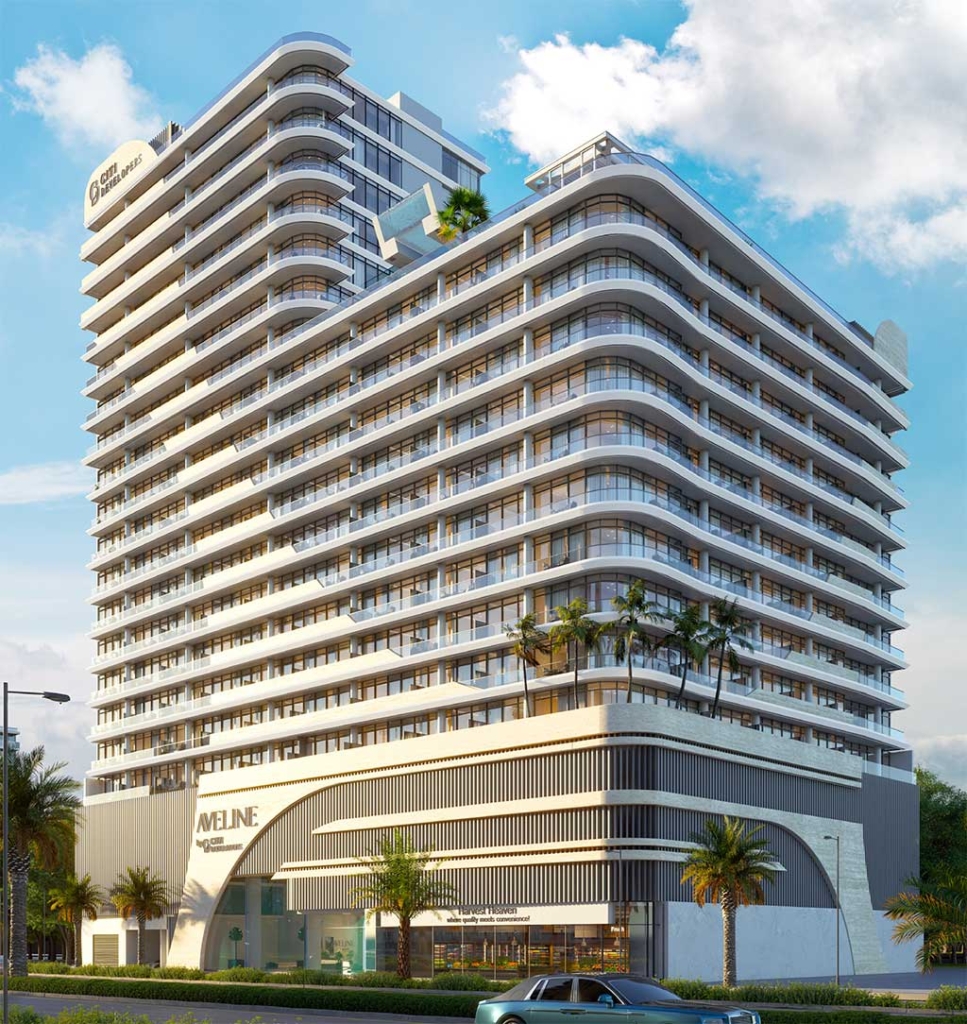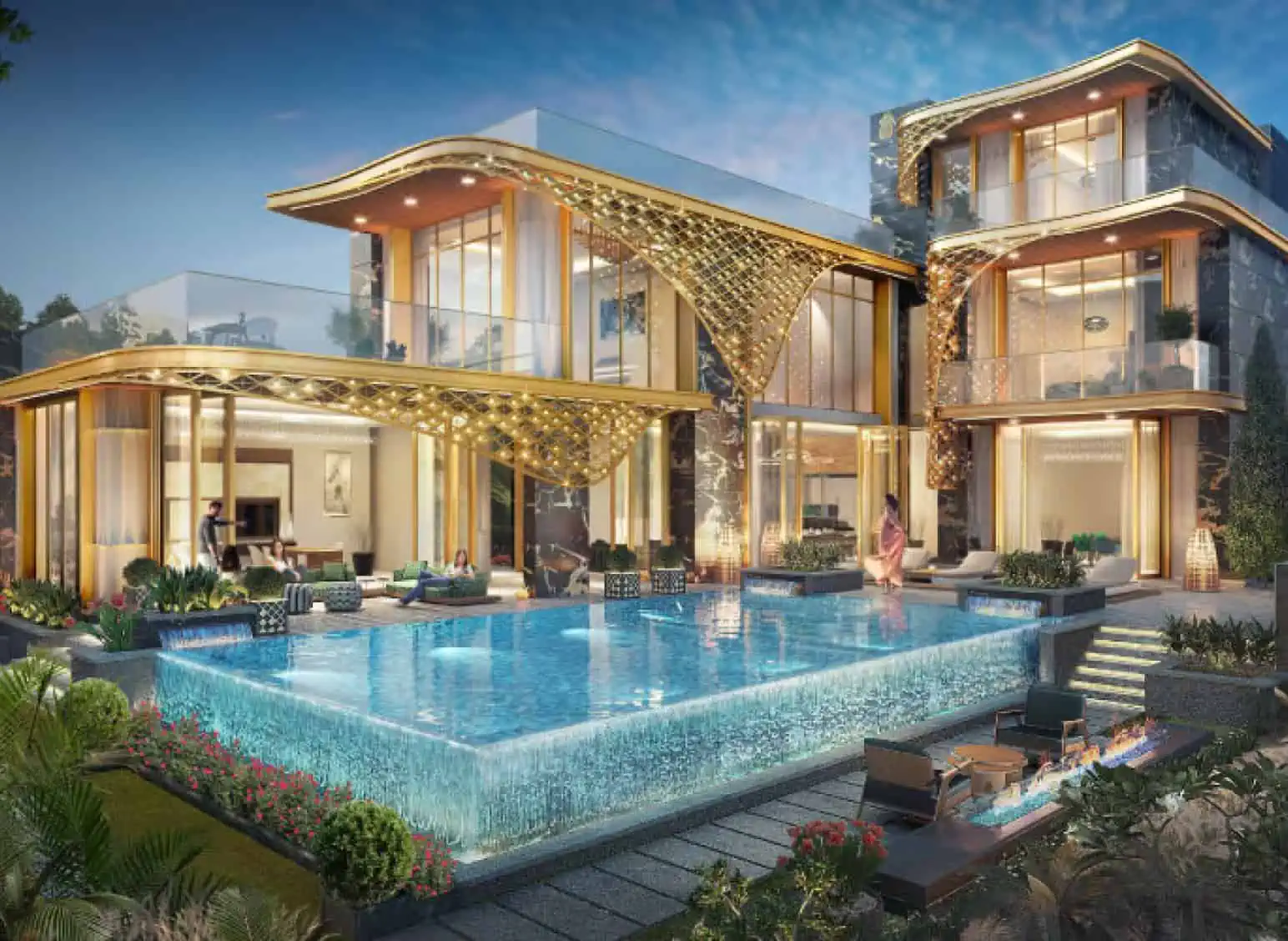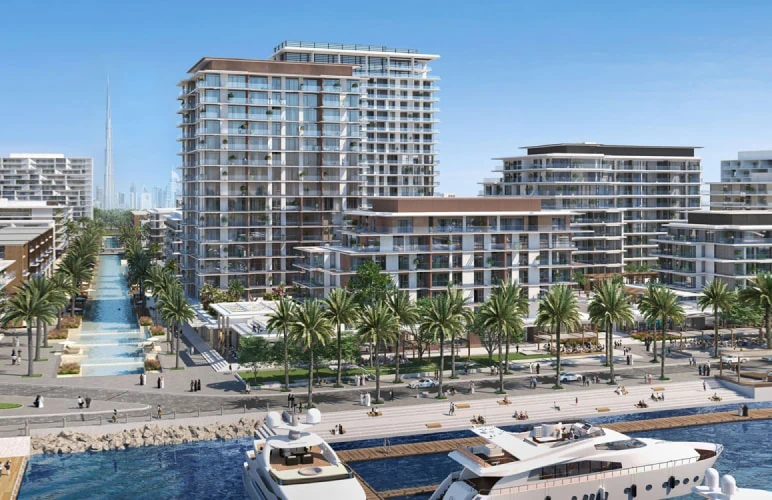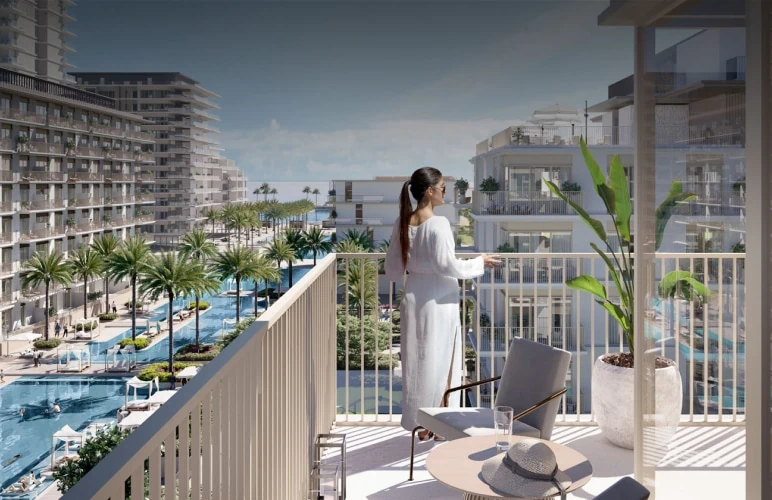Welcome to the ultimate showdown in the world of real estate – Dubai versus the Netherlands. Picture-perfect windmills and tulip fields versus iconic skyscrapers and luxurious waterfront living. Both destinations offer unique charms, but when it comes to investing in real estate, Dubai emerges as the undisputed champion.
In this comprehensive guide, we’ll delve into the key differences between real estate in Dubai and the Netherlands, highlighting why Dubai reigns supreme in the realm of property investment. From skyline spectacles to tax advantages and investor-friendly policies, Dubai offers a winning formula for lucrative returns and unparalleled lifestyle.

1. Skyline Spectacle:
Let’s start with the most obvious distinction – the skyline. While the Netherlands boasts charming historic architecture and quaint canal houses, Dubai showcases a futuristic skyline that mesmerizes and captivates.
With towering skyscrapers like the Burj Khalifa, Dubai Marina, and Jumeirah Lakes Towers, the city is a testament to architectural innovation and grandeur. Investing in Dubai means owning a piece of the world’s most iconic skyline – a status symbol that commands attention and admiration.
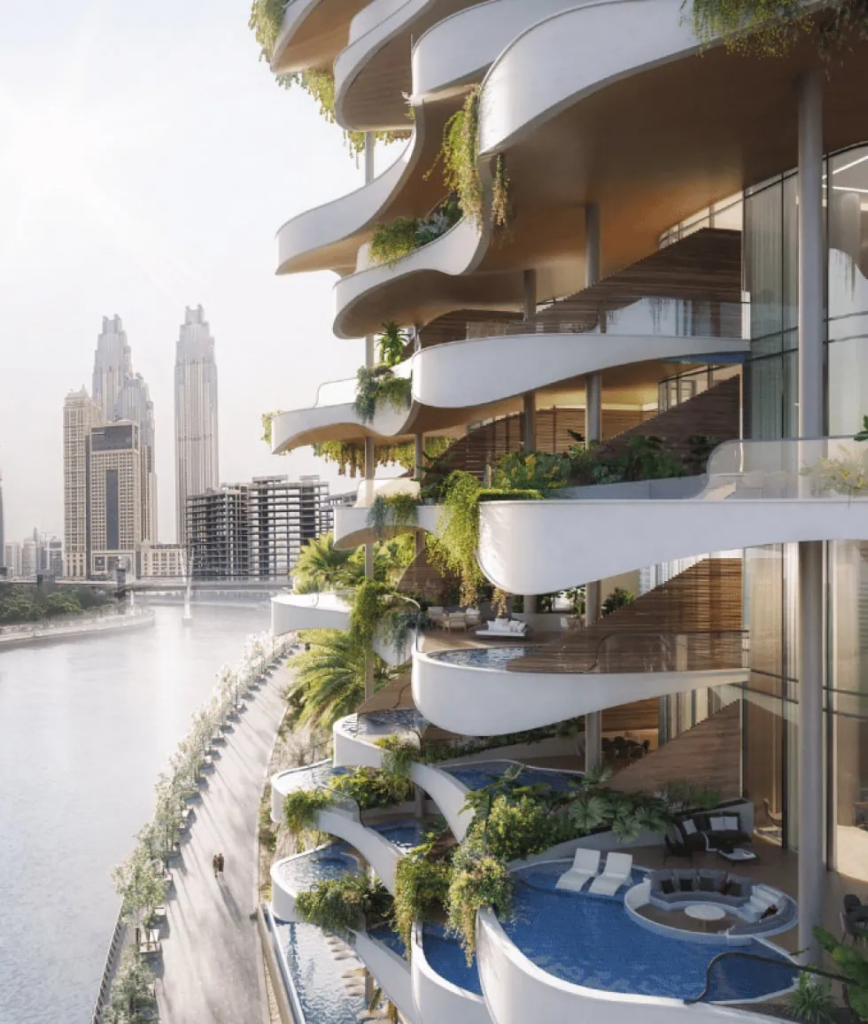
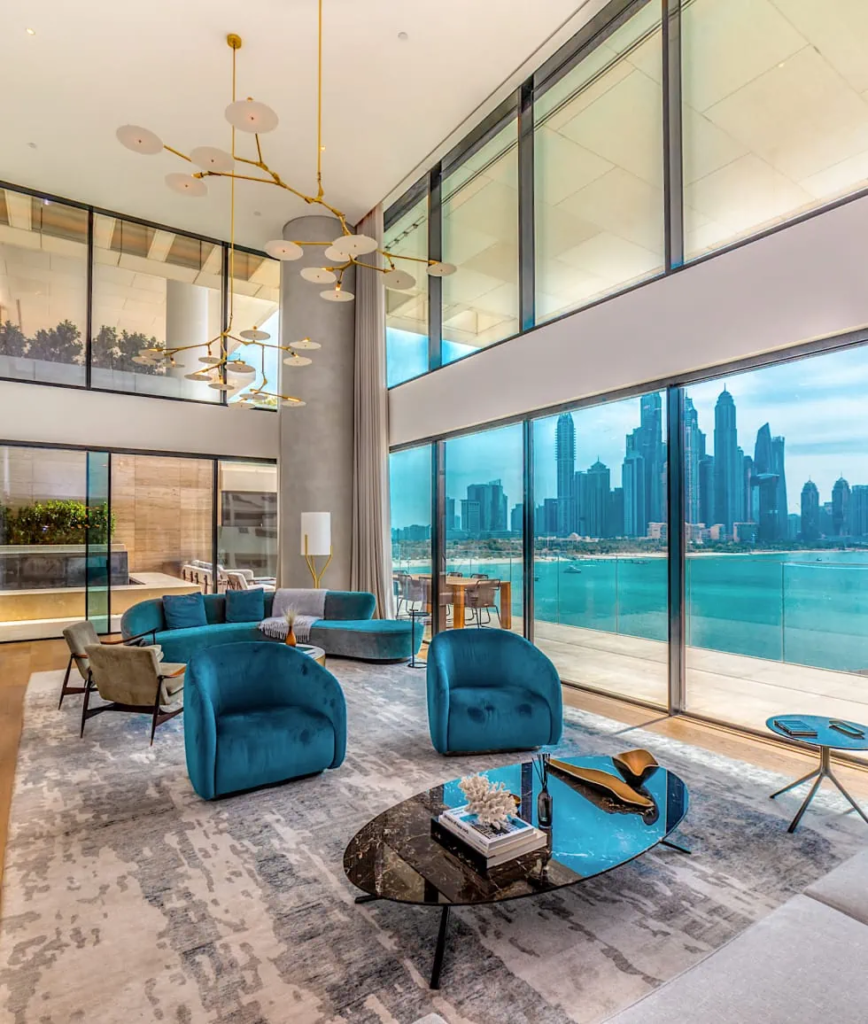
2. Luxurious Living:
Luxurious Living: When it comes to luxury living, Dubai sets the gold standard. From opulent penthouses with panoramic views to exclusive beachfront villas with private infinity pools, Dubai’s real estate market caters to the discerning tastes of the elite. State-of-the-art amenities, world-class services, and unparalleled privacy are just some of the perks of investing in Dubai’s luxury properties. In contrast, while the Netherlands offers charming canal houses and historic estates, it’s hard to compete with the sheer opulence and extravagance of Dubai’s real estate offerings.
3. Tax Haven
Tax Haven: One of the most significant advantages of investing in Dubai real estate is its favorable tax regime. Unlike many European countries, Dubai imposes no income tax, capital gains tax, or property tax, making it an attractive destination for investors seeking tax-efficient opportunities. Additionally, the absence of inheritance tax and low transaction costs further sweeten the deal for investors looking to maximize their returns. In contrast, the Netherlands has a complex tax system with various taxes on income, capital gains, and property, which can eat into your investment profits.
3. Economic Resilience:
Dubai’s economy is a powerhouse driven by diversification, innovation, and strategic vision. As a global hub for trade, tourism, finance, and technology, Dubai offers a robust and resilient real estate market that withstands economic fluctuations and geopolitical uncertainties. With a thriving business environment, favorable regulatory framework, and ambitious infrastructure projects, Dubai continues to attract investors from around the world, ensuring long-term stability and growth in the real estate sector. In comparison, while the Netherlands boasts a stable economy and strong fundamentals, its real estate market is more susceptible to regional economic trends and regulatory changes.
4. Investor-Friendly Policies:
Investor-Friendly Policies: Dubai’s government has implemented a range of investor-friendly policies to stimulate foreign investment and promote economic growth. From freehold ownership for expatriates to residency visas for property investors, Dubai offers a host of incentives and benefits to attract international buyers. Furthermore, the introduction of laws such as the Dubai Land Department’s Real Estate Regulatory Agency (RERA) ensures transparency, accountability, and investor protection, instilling confidence in the market. In contrast, navigating the regulatory landscape in the Netherlands can be more complex, with stricter zoning laws, rent control regulations, and bureaucratic processes.
5. Safe Real Estate Investments with High ROI:
Safe Real Estate Investments with High ROI: One of the key attractions of investing in Dubai’s real estate market is the opportunity for safe investments with high returns, especially in off-plan properties. Off-plan properties refer to developments that are still under construction or in the pre-construction phase. One of the significant advantages of investing in off-plan properties in Dubai is the escrow account system, which ensures that investors’ funds are protected throughout the development process.

